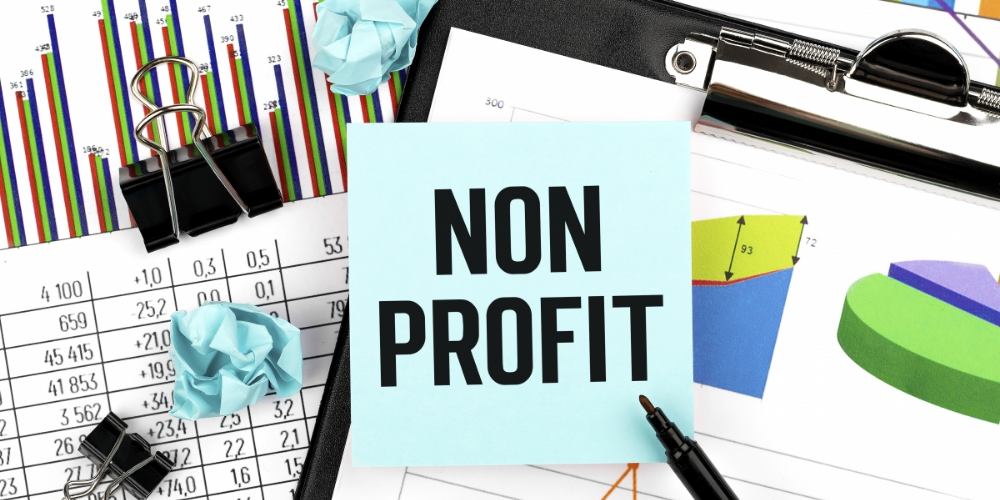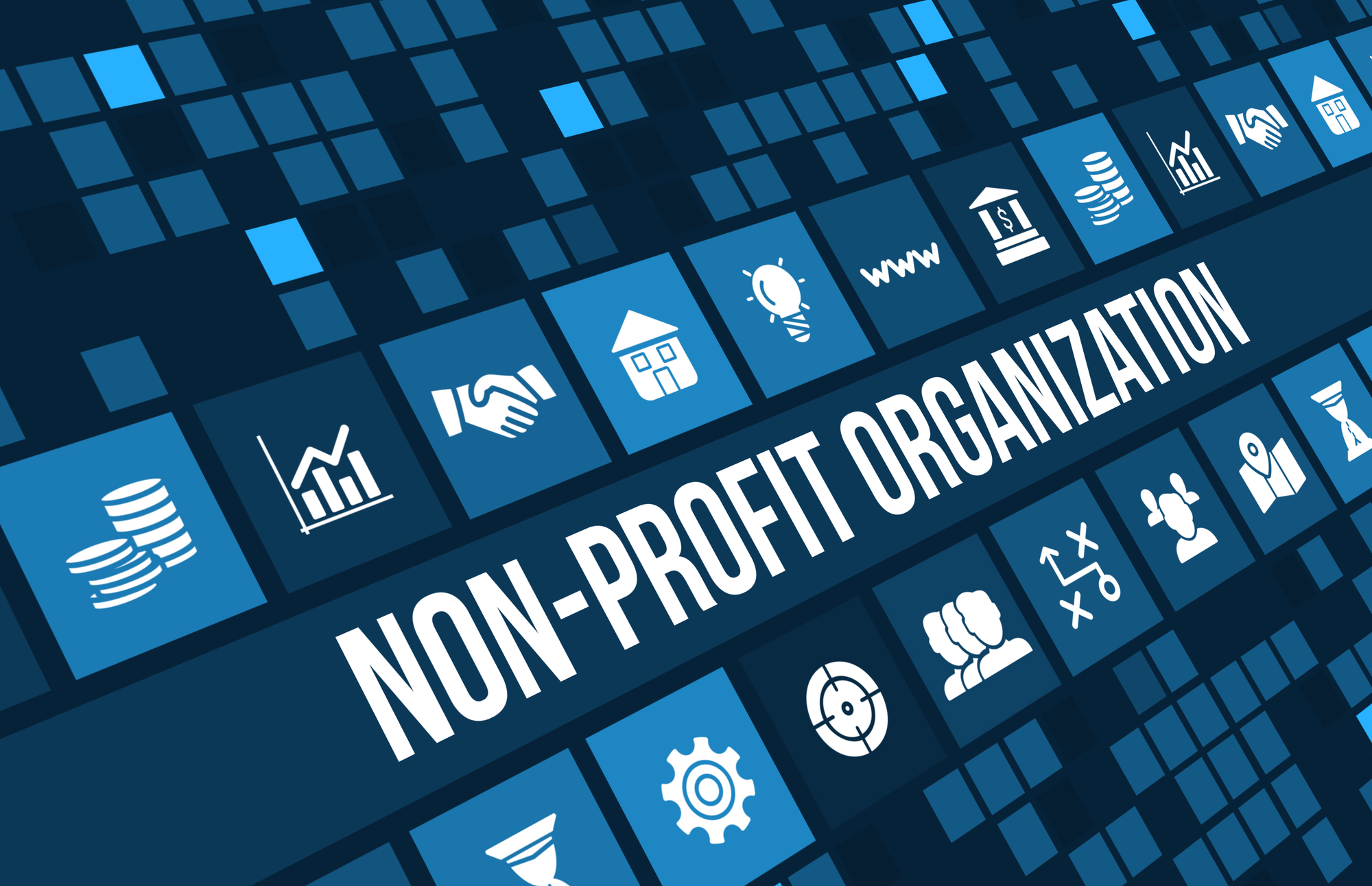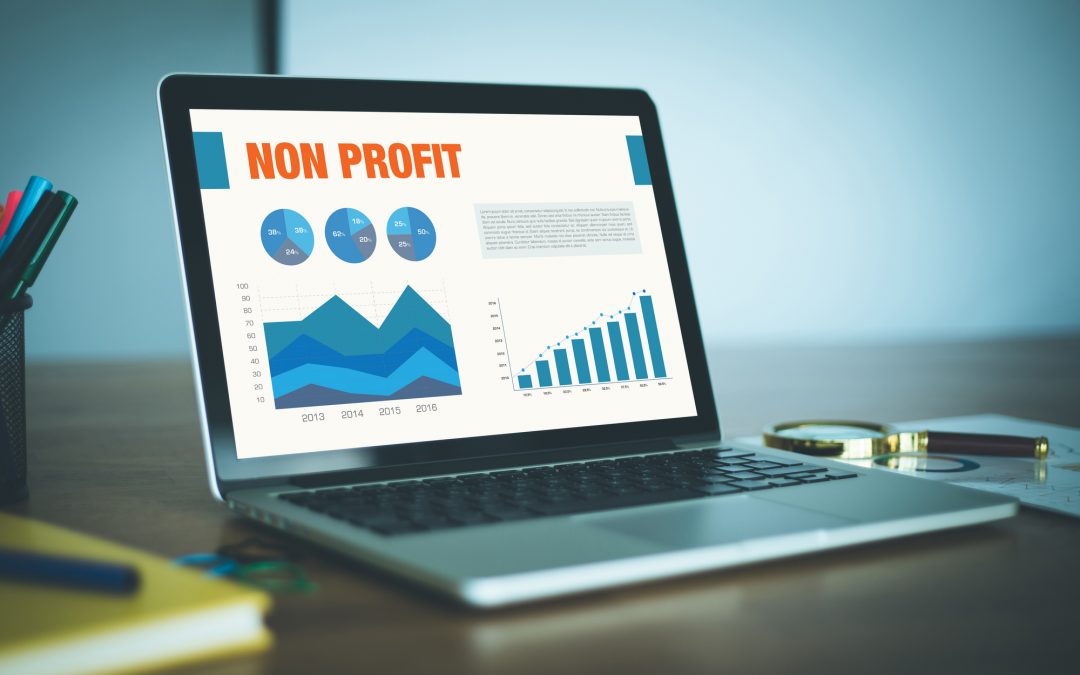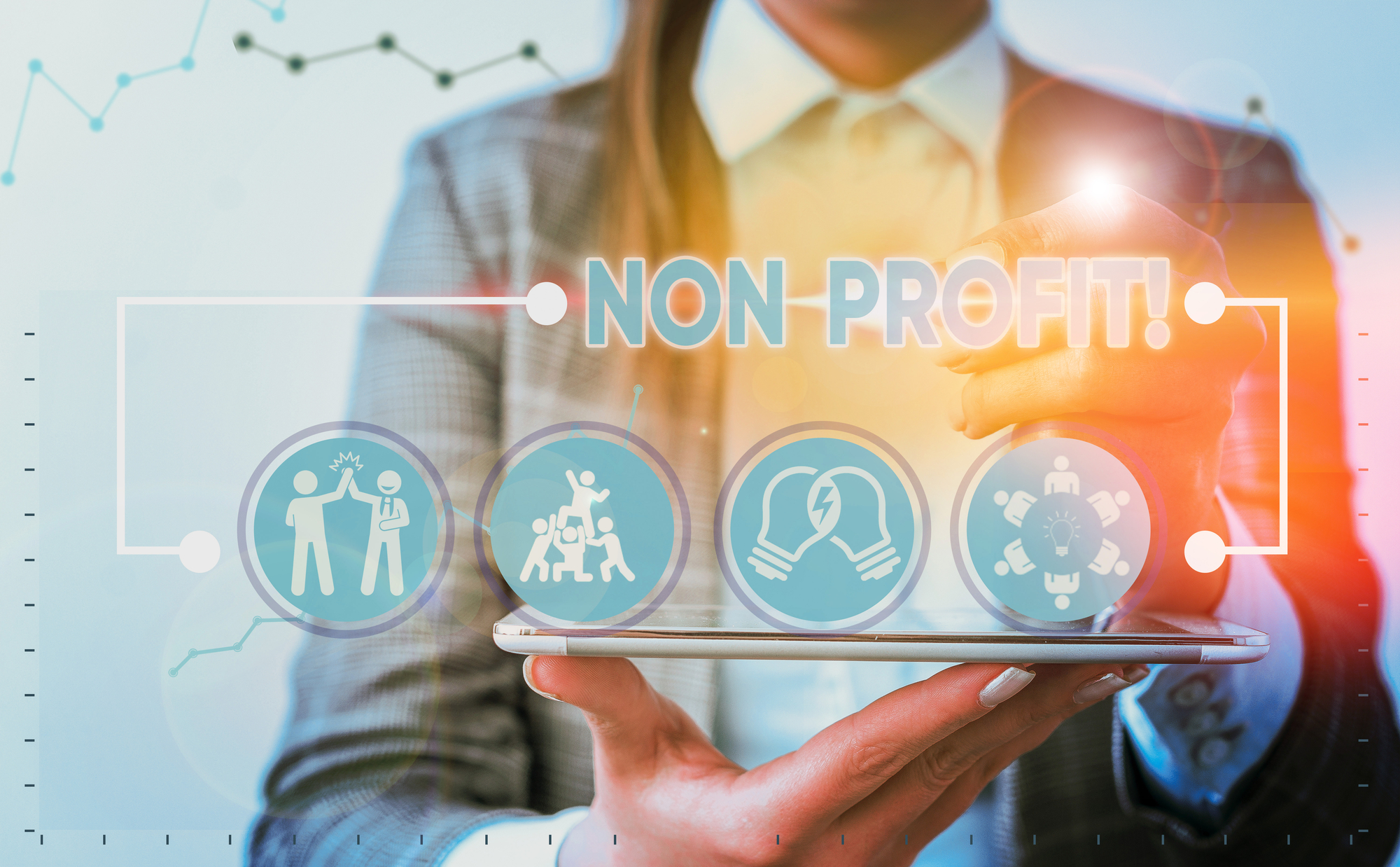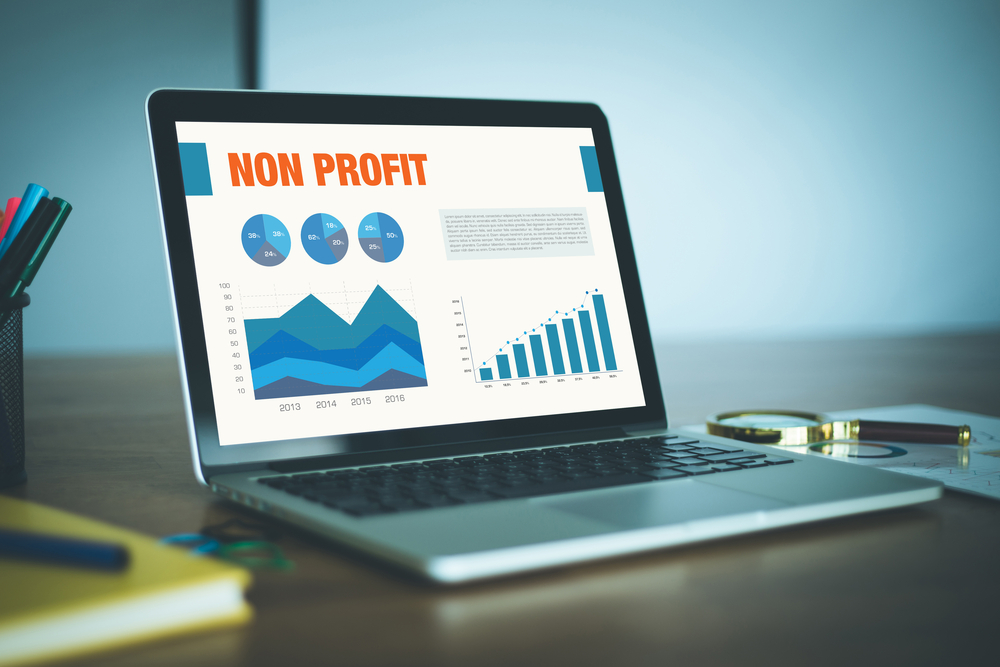501c3 cybersecurity has become a great concern in recent years. As ill-intended users find new and sophisticated ways to enact malicious behavior, it becomes imperative that your nonprofit takes action to protect work-related data and other sensitive information from your donors and partners.
In fact, according to Charity First, only 29% of nonprofit leaders plan on increasing their network security budget, even though ransomware attacks have increased by 151% worldwide since 2020.
To understand how important 501c3 Cybersecurity is, ask these 7 key questions:
What about cyber liability insurance? Is it needed?

If your nonprofit collects personal and financial information from donors, staff, or volunteers, your organization should consider having cyber liability insurance. This service provides coverage that will protect your nonprofit in areas that your general insurance won’t. For example, most states have laws which, in case of a breach, will require your organization to send mass notices to all that could have been impacted, while also performing credit monitoring. Without cyber liability insurance, this process can be costly and financially damage your nonprofit.
When looking for cyber liability insurance for your nonprofit, make sure it includes items such as identity theft, regulatory response, data reach liability, and credit monitoring.
Is your fundraising program secure?

As digital fundraising platforms become more popular, so does the concern to ensure security standards are met. Ill-intended users usually target nonprofits because they tend to have less sophisticated donation forms and check-out pages when compared to the e-commerce industry.
Being the target of fraudulent donations comes with high financial and reputational costs, as your organization has to offer refunds, pay fees and notify users. Therefore, when starting a fundraising campaign, make sure the platform you choose has a security policy in place.
It should explain how they manage and protect your and your donors’ data, whether they share information with third parties, and what other security measures they have set up such as firewalls and encryption.
Have you had any breaches?

If your organization has been the victim of a data breach, you know just how time-consuming and costly these events can be. Having to notify authorities, donors, and suspend operations is a situation you hope to never face.
But what you choose to do afterward can change your 501c3 cybersecurity game. Make sure your security expert has documented the event, and has put in place measures to strengthen daily network security, preventing your organization from being a victim of malicious activity.
If you haven’t been targeted, the best you can do is learn from others’ experiences. There are plenty of case studies in the news and cybersecurity portals that can serve as a starting point to beef up your cybersecurity game.
Do you have an information security office (not an IT professional)?

While security and IT professionals fall under the same umbrella, there’s a stark contrast between securing data and managing it. The security of data and the resources that store it are an InfoSec professional’s primary concerns. IT staff unfamiliar with cyber-criminals’ behaviour and habits are incapable of identifying threats and could potentially add unknown risks to an organization. InfoSec staff also help to monitor digital assets to quickly detect any ongoing attacks and contain them in the shortest timeframe and most efficient way possible.
Although both InfoSec and IT staff have different functions, they still must work together to provide services to a business. For instance, an InfoSec staff member auditing network infrastructure might find that the network is not properly segmented to protect the billing department data in-motion from other departments located on the same network segment. InfoSec staff would work directly with system administrators to design additional firewall infrastructure to ensure limited downtime and a smooth transition to new network architecture for all users and connected applications.
Now that you know the difference between a security and IT expert, do you have both professionals in your team?
Is a VPN in place for remote workers?

With 1 in 4 Americans working from home in 2021, a Virtual Private Network is one of the must-haves in your organization. A VPN hides your IP address and encrypts your data from unwanted invasions.
Why do you need it when working from home?
While you’re less likely to be attacked by strangers than you would be when connected to public Wi-Fi, your data is still vulnerable. Your Internet Service Provider can still access you, no matter when, where, or how you use the internet.
Another plus of using a VPN is that your workers will be able to connect to your office network and access sensitive data from home.
Do your staff and volunteers use a VPN while working?
Are critical systems patched regularly?

Outdated versions of an app or software represent a security risk to your device and network. As older versions have functionality errors and security gaps, cybercriminals take this as an opportunity to invade your network and damage your organization.
Now that you know the importance of patch management, when was the last time you updated all your apps and software?
When was the last time you performed a Cybersecurity Assessment?

Cybersecurity Risk Assessments provide an in-depth understanding of the existing risks and vulnerabilities your nonprofit is currently facing. It’s the most accurate way to map out how to better protect your organization from cybercriminals.
How is it performed and what to expect from it?
Through research and interviews, your nonprofit will obtain a cybersecurity score and a detailed report indicating your current situation.
Once you have everything outlined, you should receive a 1-year roadmap to guide your nonprofit to improve its security and align your risk with acceptable tolerance levels.
Additional Resources:
This 501c3 Cybersecurity Guide will help you understand how cybersecurity can support your mission as a nonprofit.
This 501c3 Cybersecurity checklist will help you understand where your organization is vulnerable. Use them as a starting point in your next cybersecurity meeting.
This article will help you understand what are the main differences between IT and InfoSec professionals.
Understand your organization’s current security posture. The knowledge gained through this assessment will help guide the decisions that will need to be made to improve your security and align your risk with acceptable tolerance levels.
